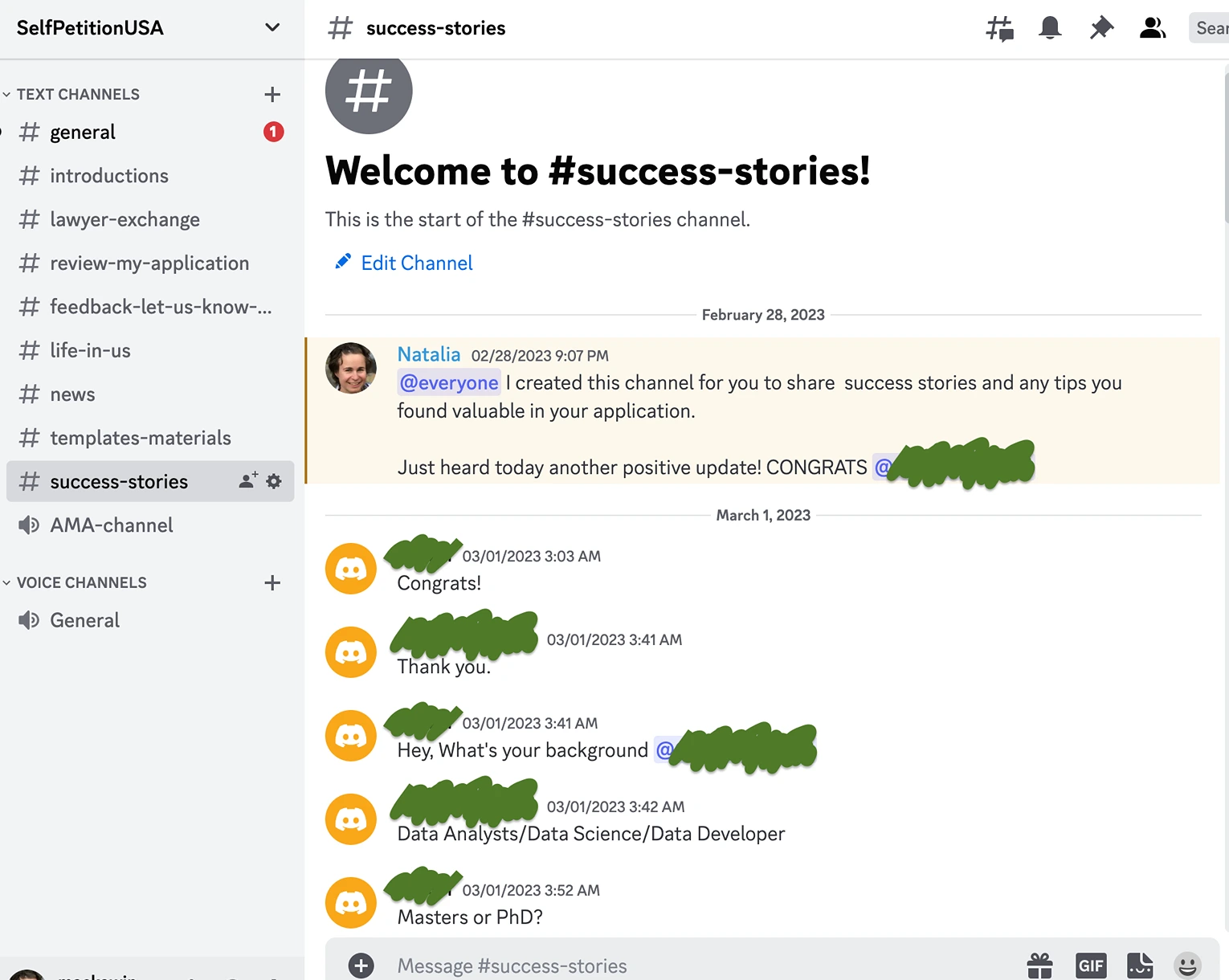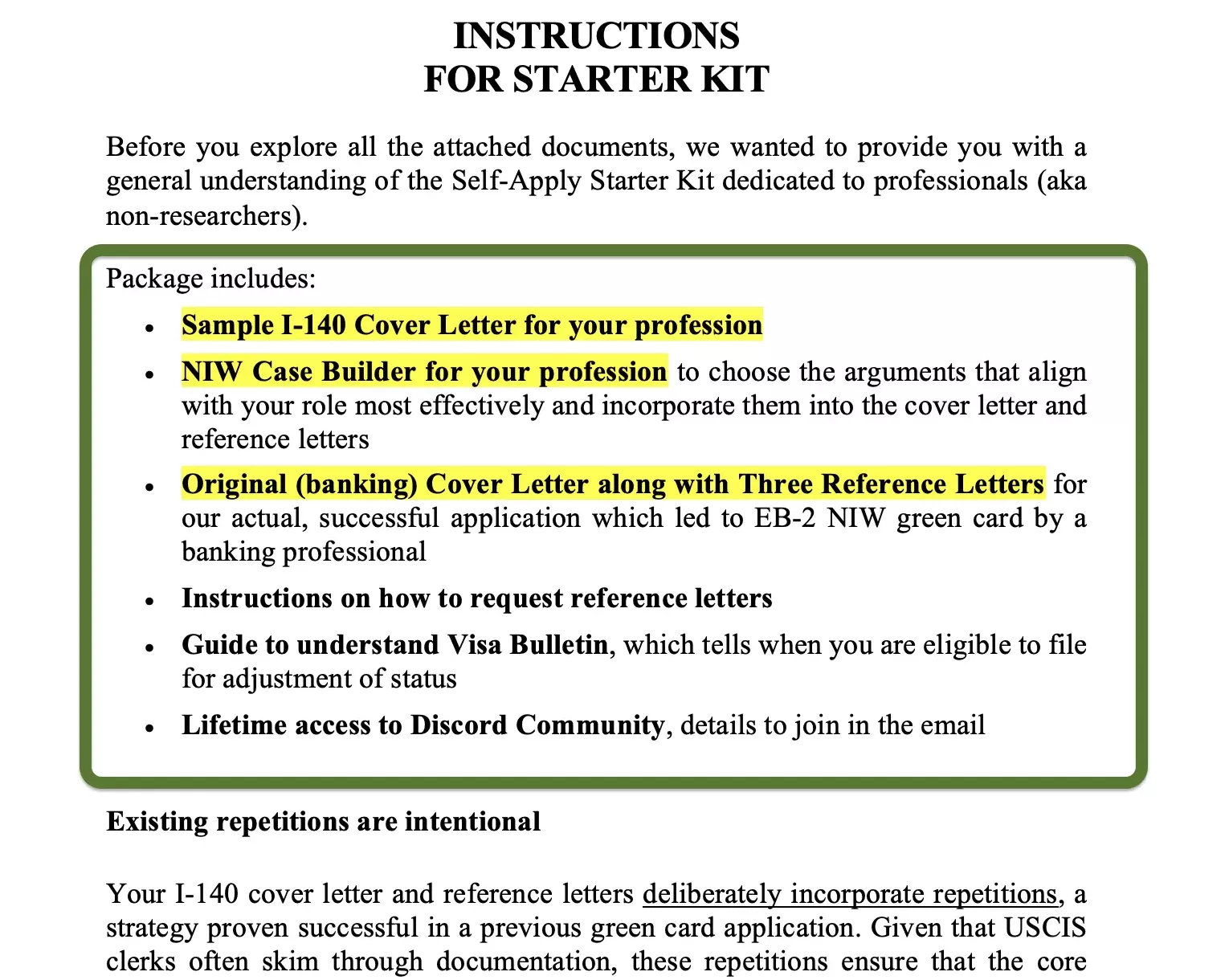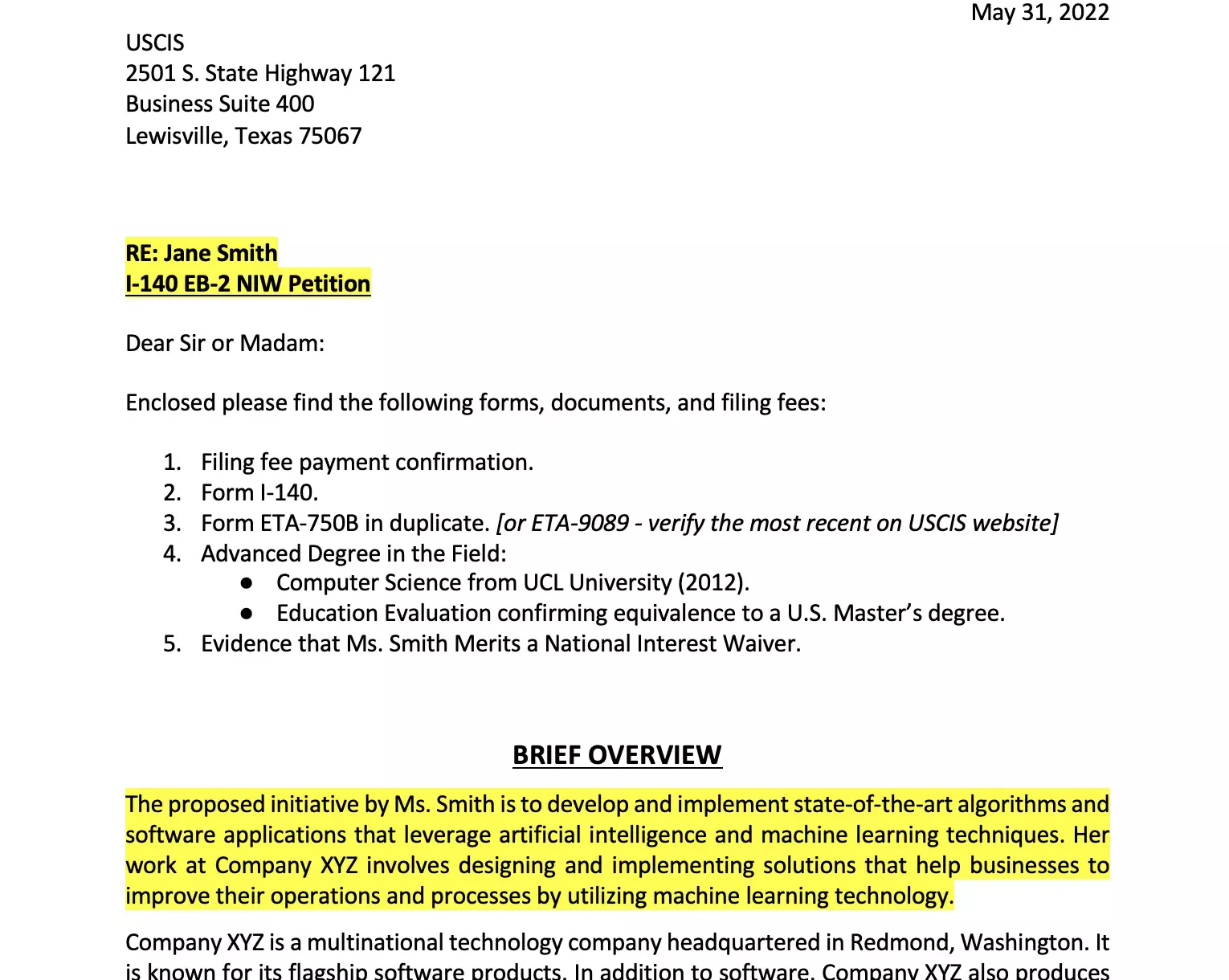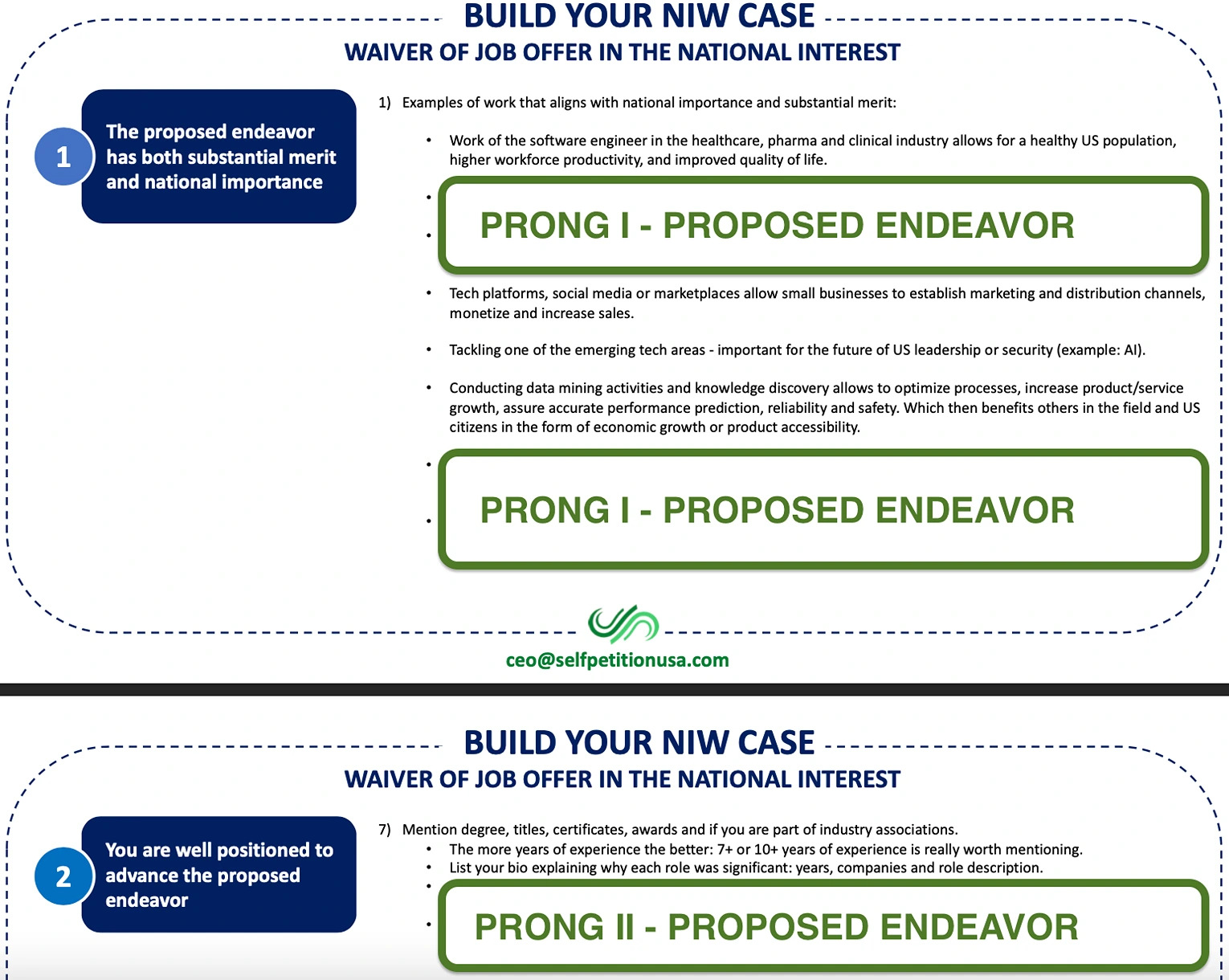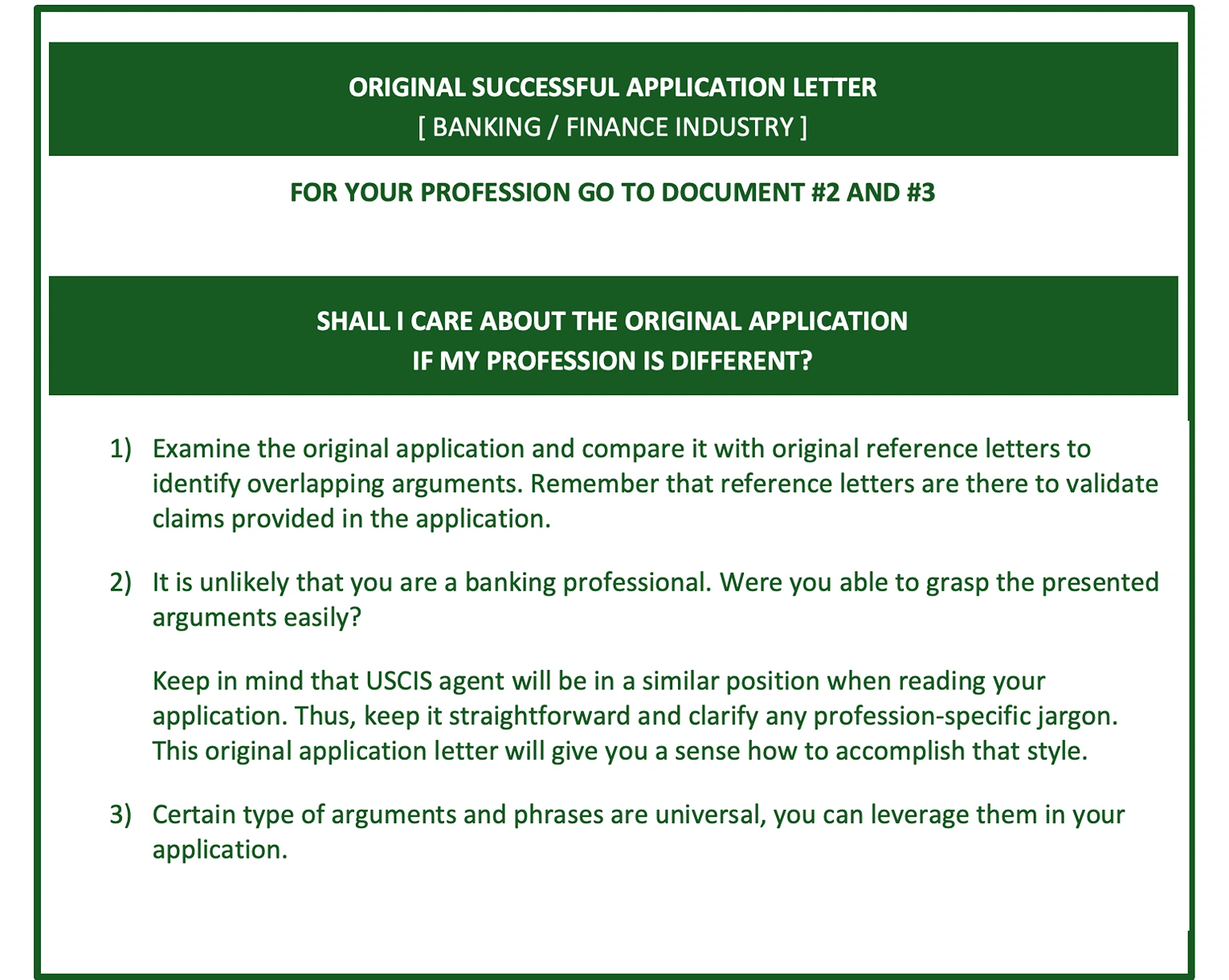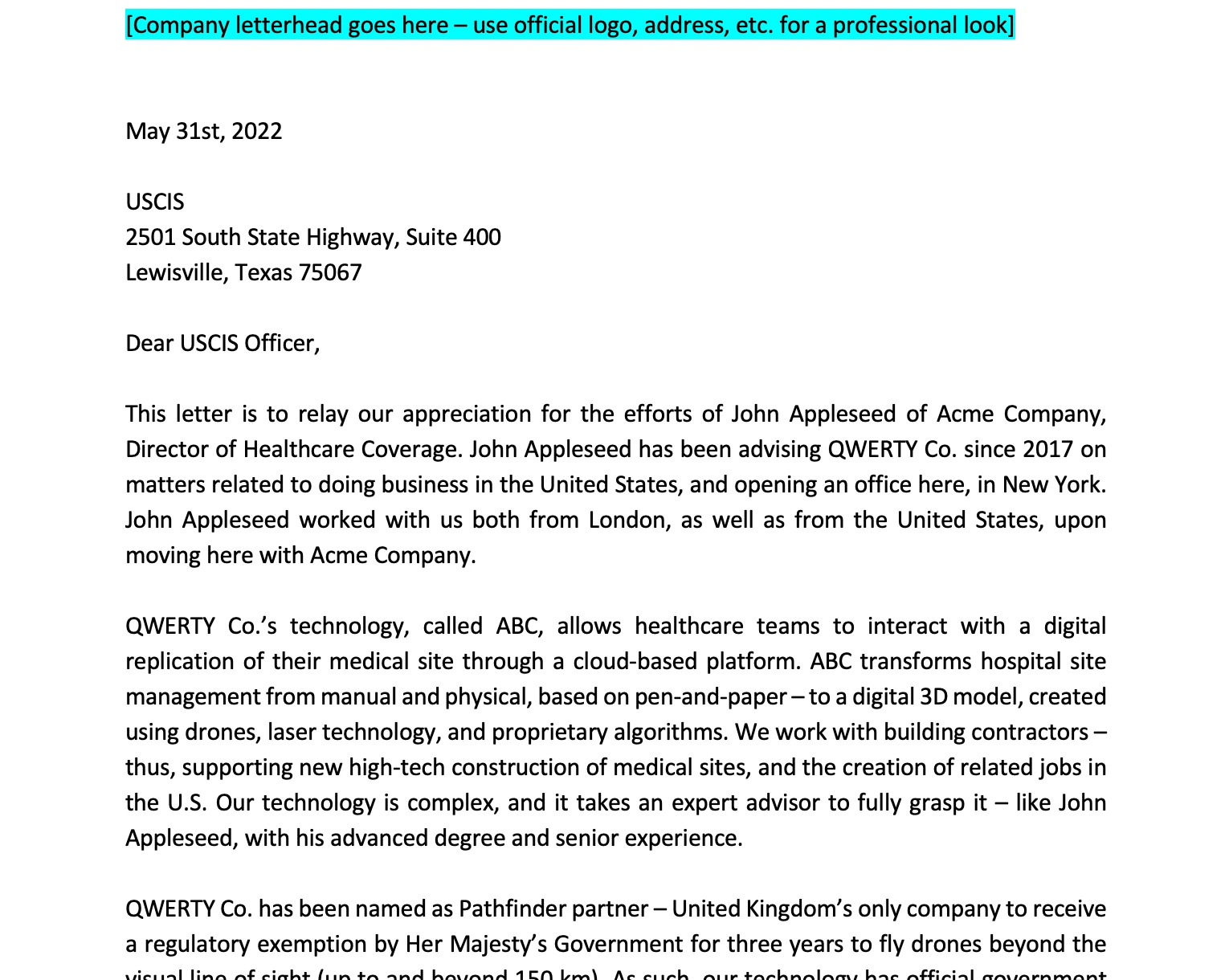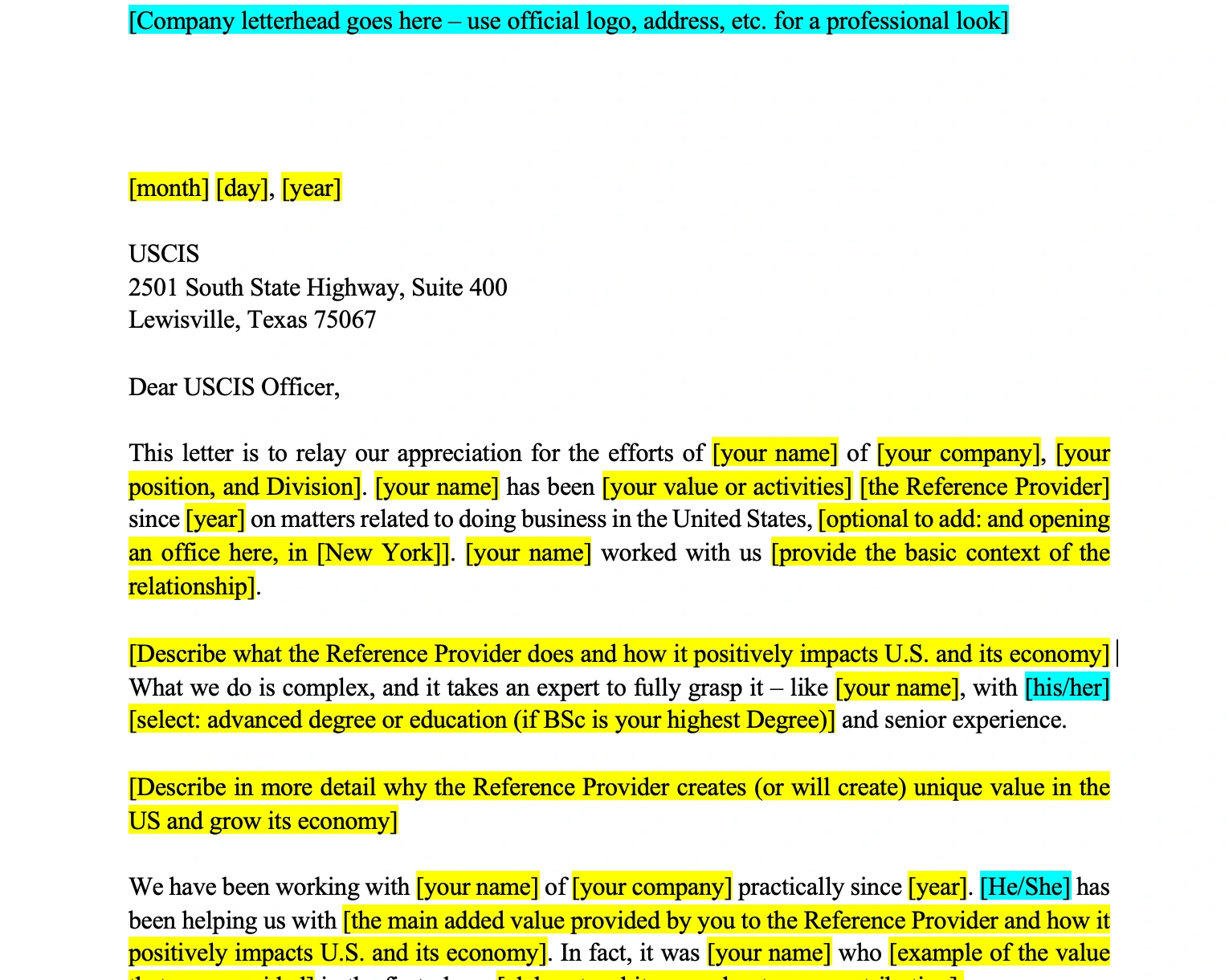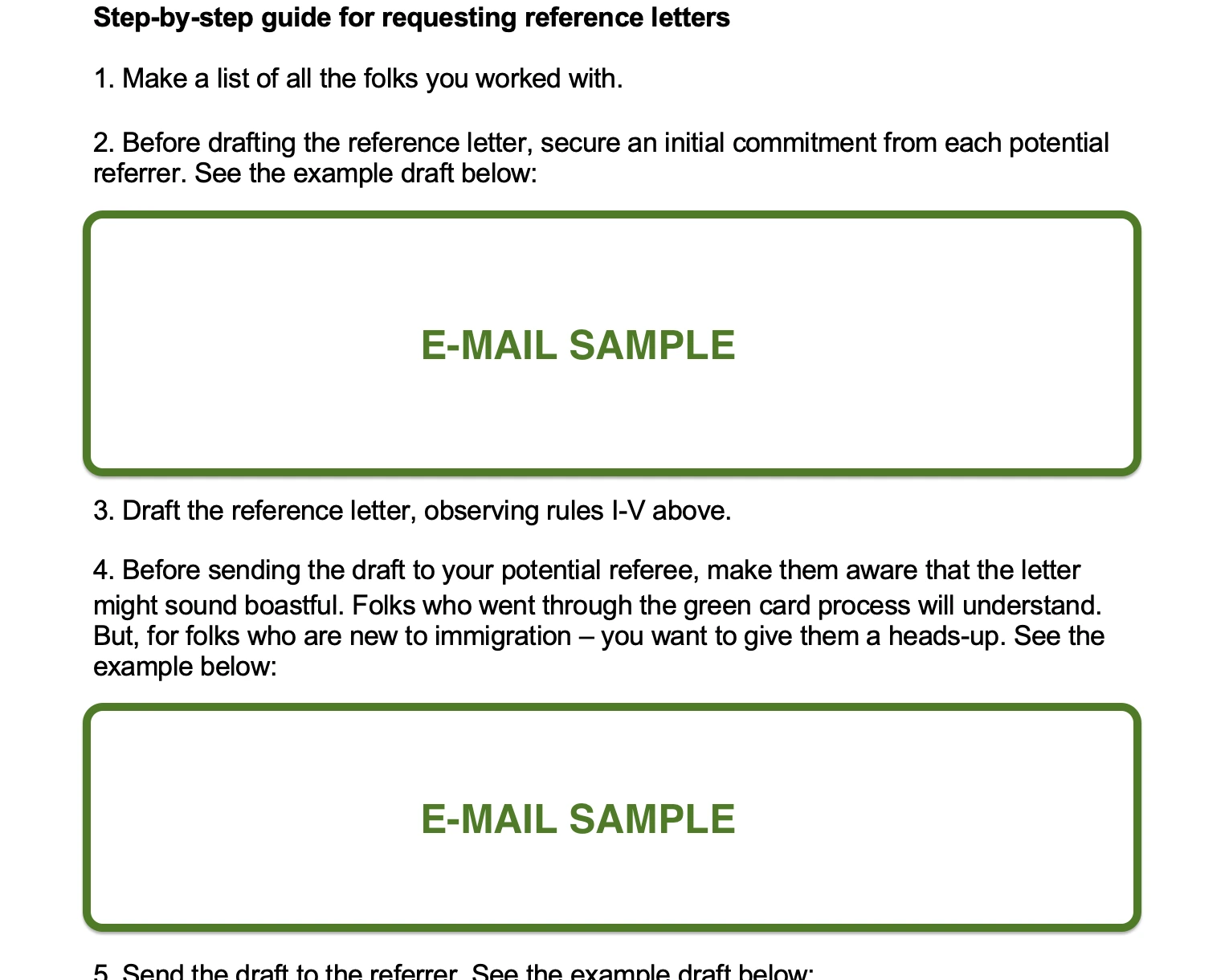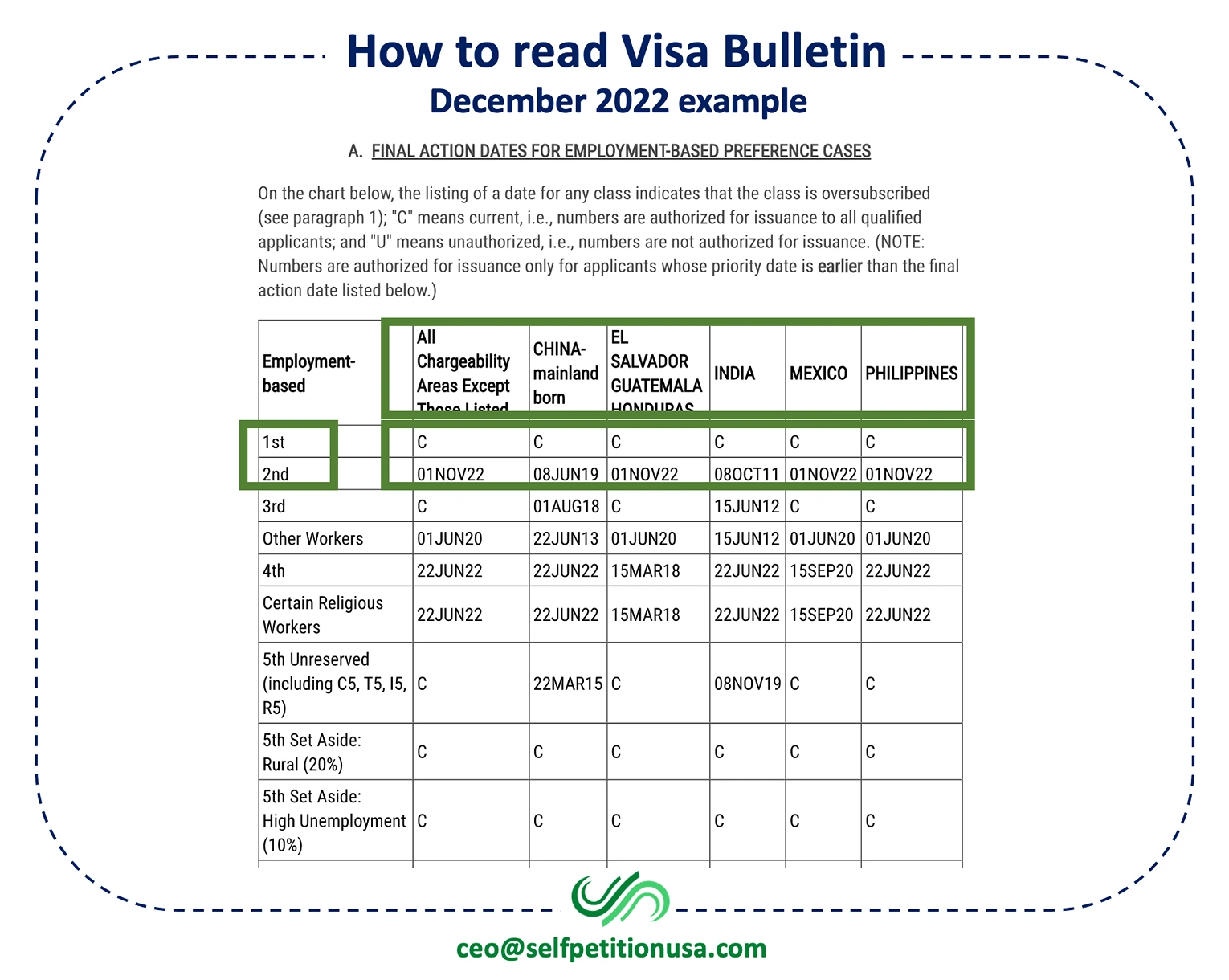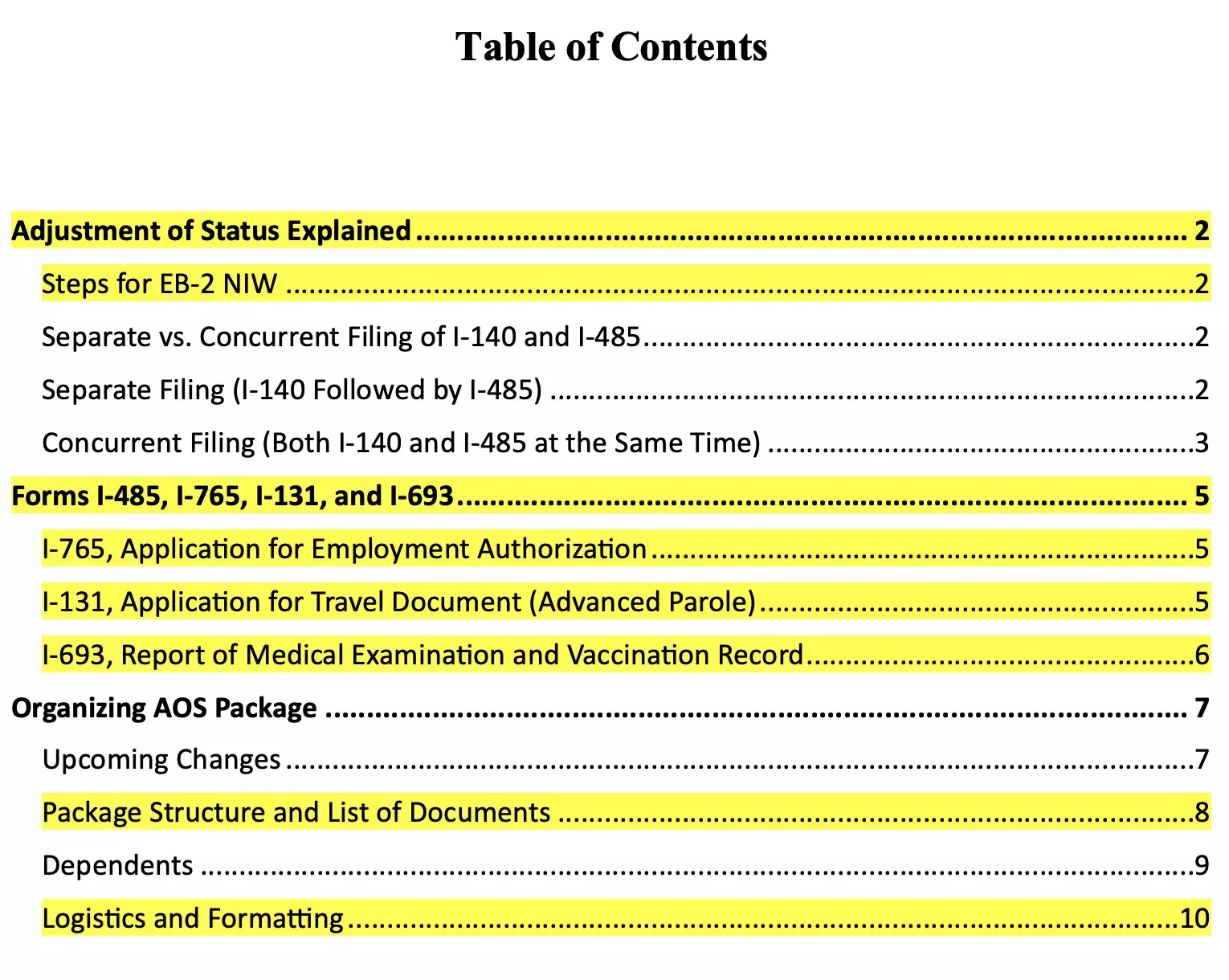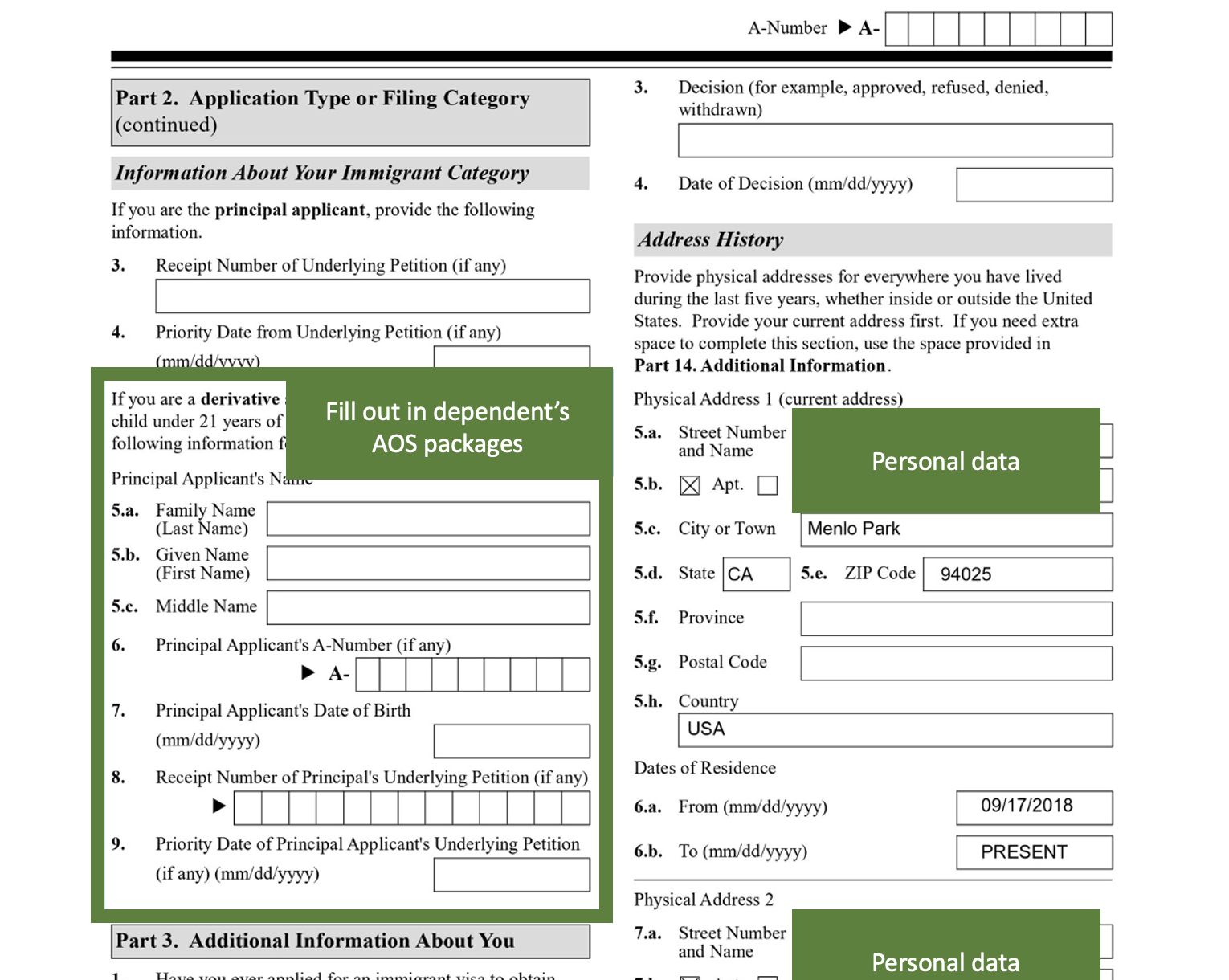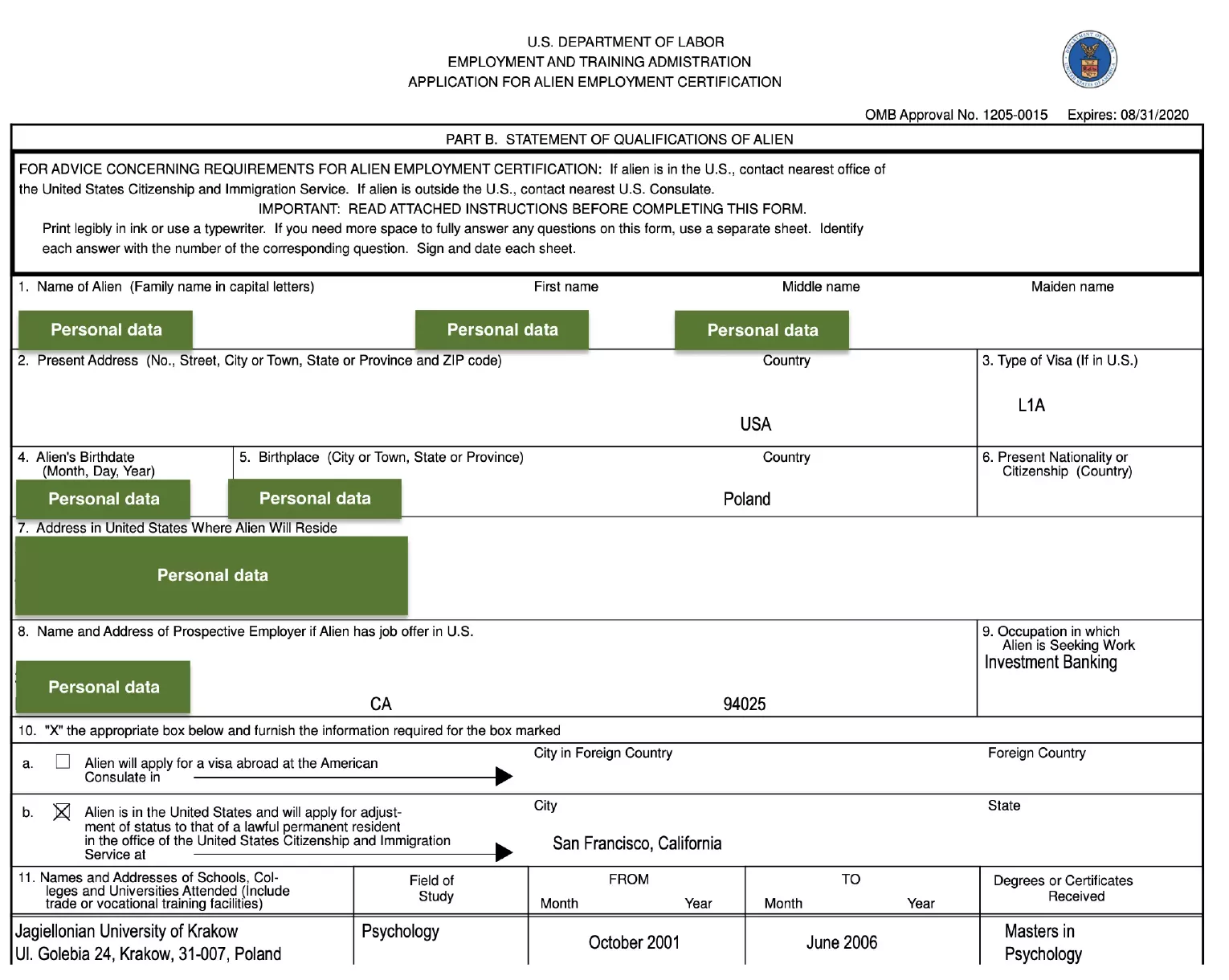NIW vs. PERM
National Interest Waiver (NIW) and Permanent Employment Certification (PERM) are two different processes for foreign nationals seeking permanent residency in the United States. Both offer pathways to a Green Card, but there are differences between the two in terms of eligibility, application process, and benefits:
National Interest Waiver
The National Interest Waiver (NIW) is a type of visa for highly skilled individuals who have exceptional ability in their field and whose work in the United States is in the national interest. This visa is specifically designed for individuals whose skills, knowledge, and achievements have the potential to significantly benefit the United States. The NIW is a waiver of the labor certification requirement and enables applicants to self-petition for a Green Card without the need for an employer sponsor.
PERM
The Permanent Employment Certification (PERM) is a labor certification process that employers must go through to sponsor a foreign worker for permanent residency in the United States. The process involves a test of the labor market to determine whether there are qualified and available U.S. workers for the job offered to the foreign worker. The PERM process is typically time-consuming.
Eligibility
For the National Interest Waiver, applicants must demonstrate that their work in the United States is in the national interest or that they possess exceptional ability in their field. To apply you are NOT required to have a job in the US, or even to be present in the US.
On the other hand, for the Permanent Employment Certification, applicants must have a job offer from a U.S. employer and meet the qualifications for the job. The employer must also prove that there are no qualified and available U.S. workers for the job.
Application process
The National Interest Waiver is a self-petitioned visa category, which means that applicants do not need an employer sponsor. This makes the application process much simpler and faster compared to the Permanent Employment Certification, which requires a lengthy labor certification process.
The Permanent Employment Certification, on the other hand, requires a lengthy and complex process involving the U.S. Department of Labor, the employer, and the foreign worker. The employer must first conduct a test of the labor market to determine whether there are qualified and available U.S. workers for the job. If there are no qualified and available U.S. workers, the employer must then file a labor certification application with the Department of Labor.
Benefits
The benefits of the National Interest Waiver are that it is a faster and simpler process compared to the Permanent Employment Certification and that applicants do not need an employer sponsor.
The benefits of the Permanent Employment Certification are that it provides a more secure path to permanent residency in the United States, as the employer is responsible for sponsoring the foreign worker. Very often the process is run by lawyers paid by the employer, so this service comes at no or limited cost to the individual.


